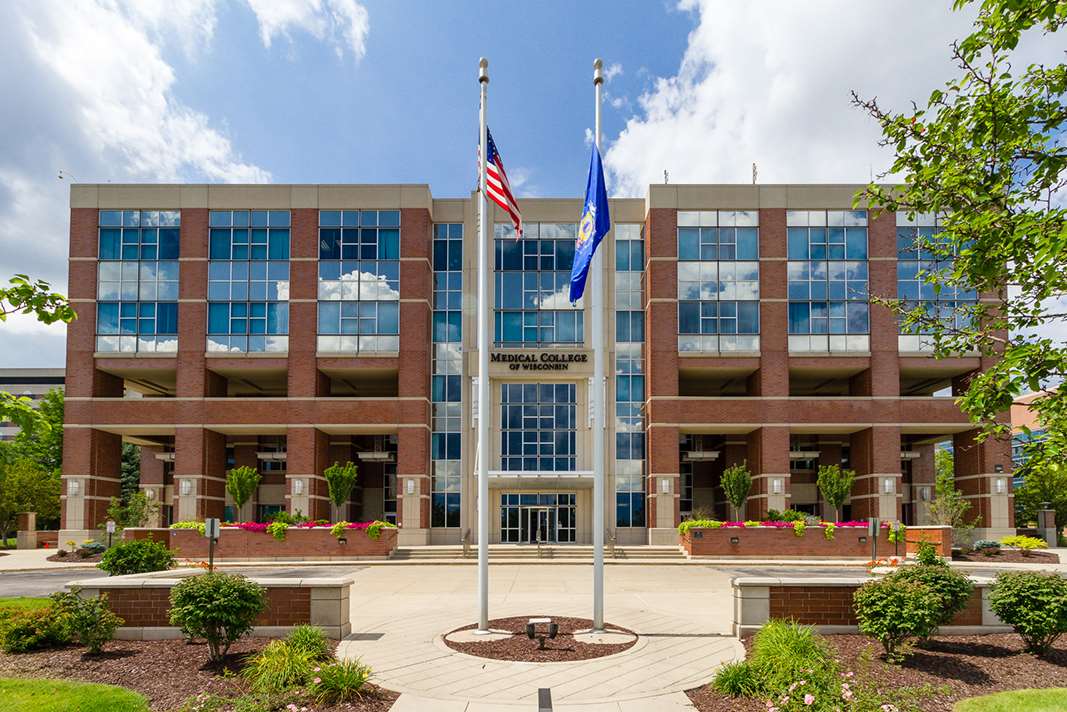Multi-Agency Collaboration Updates Sex Trafficking Report
Analysis of Unaccompanied Homeless Youth and Sex Trafficking in Milwaukee Seeks to Inform Further Responses to Trafficking
MILWAUKEE, Dec. 13, 2018 – In March of 2018, the Milwaukee Homicide Review Commission, the Medical College of Wisconsin Institute for Health and Equity, Rethink Resources, Milwaukee Sexual Assault Review, and Milwaukee Police Department – Sensitive Crimes Division released a report estimating the magnitude of sex trafficking in Milwaukee. Today, they will release a supplementary report examining unaccompanied homeless youth and sex trafficking in the city of Milwaukee from Jan. 1, 2013 – Dec. 31, 2016. This project was made possible with funding by the Bob and Linda Davis Family Fund.
“Sex trafficking is a serious issue that impacts all segments of our society. Reports like this help us better understand the challenges of this crime and develop strategies to identify victims, investigate the crime, and connect them to resources,” said Milwaukee Police Chief Alfonso Morales.
The analysis found that the majority of these victims were African American (75 percent or 64 individuals), female (97 percent or 82 individuals), and confirmed victims of sex trafficking (94 percent or 80 individuals). More than half of the sample (51 percent or 43 individuals) was identified in two or more incidents of sex trafficking. The average age of the victim at the time of the trafficking incident was 16 years old. These individuals were reported as missing persons to MPD on 765 occasions, with an average of 9 missing reports per person. When we examined their history of contacts with MPD, 61 percent (52 individuals) were listed as a victim of sexual assault, 24 percent (20 individuals) were listed as a victim of domestic violence, and 33 percent (28 individuals) were listed as victims of child abuse. Seventy-three of the individuals (86 percent) were identified as victims, suspects, or witnesses of other reported incidents with MPD that did not include sex trafficking, sexual assault, domestic violence, child abuse, drugs, or missing person’s incidents. More than half (55 percent) had an indicator of cumulative trauma identified in an MPD report at age 13 years old or younger.
“We hope this continues to inform current discussions around the issue and furthers our understanding of sex trafficking in Milwaukee, so we are in a better position to respond and prevent it,” said Mallory O’Brien, director of the Milwaukee Homicide Review Commission and Assistant Professor in the Institute for Health and Equity at Medical College of Wisconsin.
The analysis takes a public health approach to sex trafficking, including an analysis of victims, circumstances surrounding the trafficking, and historical factors that may have increased the vulnerability of a victim. The recommendations generated in this report were developed in collaboration with the Milwaukee Sexual Assault Review (MSAR), Proactive Outreach for the Health of Sexually Exploited Youth (POHSEY), Collaborative Rapid Advocacy for Youth (CRAY), and various group homes in Milwaukee. This ensured the recommendations address the policy needs of criminal justice, medical, advocacy, and social service systems that come into contact with victims of sex trafficking.
“These recommendations are a great starting point to conversations around this topic. I hope that next we can engage youth in the conversation. Youth can speak to their own experience and provide critical insight about what they would recommend,” said Claudine O’Leary, Independent Consultant with Rethink Resources.
Due to the volume of data collected this is the first in a series of supplements to the first sex trafficking report. Supplemental reports will include additional data analysis, discussion, and recommendations.
About the Medical College of Wisconsin
With a history dating back to 1893, The Medical College of Wisconsin is dedicated to leadership and excellence in education, patient care, research and community engagement. More than 1,200 students are enrolled in MCW’s medical school and graduate school programs in Milwaukee, Green Bay, and Central Wisconsin. MCW’s School of Pharmacy opened in 2017. A major national research center, MCW is the largest research institution in the Milwaukee metro area and second largest in Wisconsin. In FY2016, faculty received more than $184 million in external support for research, teaching, training and related purposes. This total includes highly competitive research and training awards from the National Institutes of Health (NIH). Annually, MCW faculty direct or collaborate on more than 3,100 research studies, including clinical trials. Additionally, more than 1,500 physicians provide care in virtually every specialty of medicine for more than 525,000 patients annually.
NOTE: This press release was submitted to Urban Milwaukee and was not written by an Urban Milwaukee writer. While it is believed to be reliable, Urban Milwaukee does not guarantee its accuracy or completeness.
Mentioned in This Press Release
Recent Press Releases by Medical College of Wisconsin
Midwests Only Holistic Brain Injury Treatment Program for Military Veterans and First Responders Adds Staff, Space Due to Rapid Growth
Dec 8th, 2025 by Medical College of WisconsinThe BRAVE program outgrows its initial space in less than two years.
Audaxity Bike Ride Raises More Than $1 Million to Accelerate Cancer Research at the Medical College of Wisconsin Cancer Center
Nov 13th, 2025 by Medical College of WisconsinFunds from the inaugural community ride will help turn discoveries into new cancer treatments, train future physician-scientists, and expand community-driven research efforts.






















